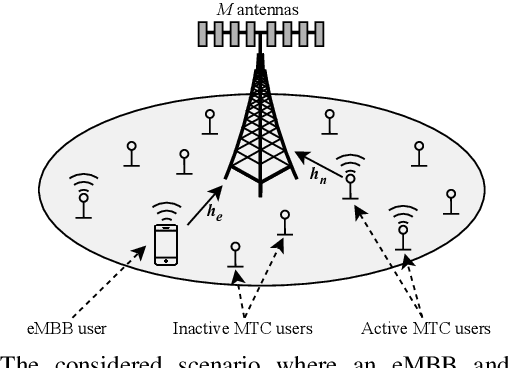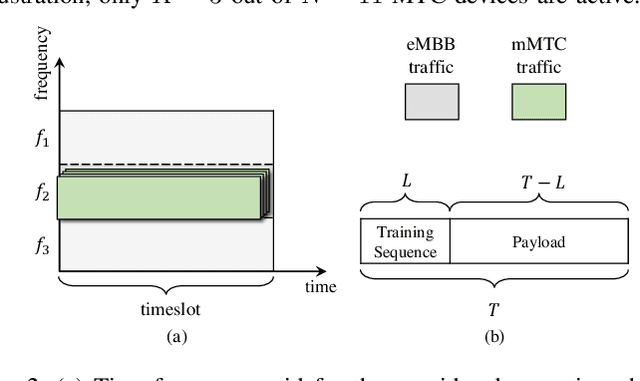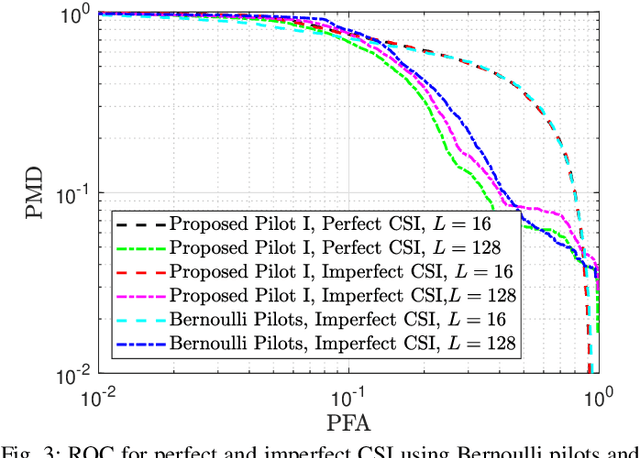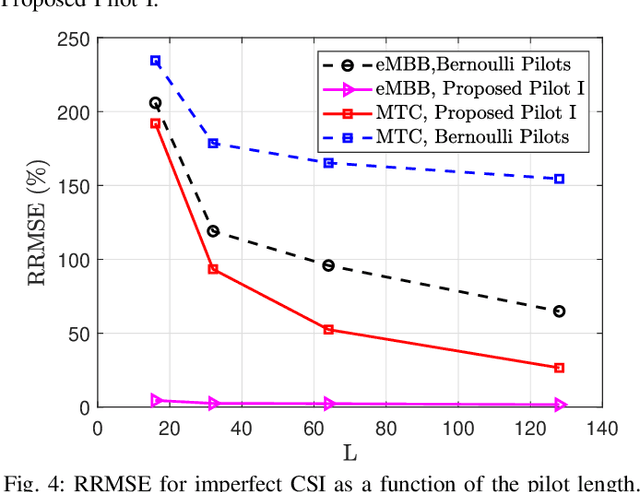Joint Channel Estimation and Device Activity Detection in Heterogeneous Networks
Paper and Code
May 27, 2021



Internet of Things (IoT) has triggered a rapid increase in the number of connected devices and new use cases of wireless communications. To meet the new demands, the fifth generation (5G) of wireless communication systems features native machine type communication (MTC) services in addition to traditional human type communication (HTC) services. Some of the main challenges are the heterogeneous requirements and the sporadic traffic of massive MTC (mMTC), which makes the orthogonal allocation of resources infeasible. To overcome this problem, grant free non-orthogonal multiple access schemes have been proposed alongside with sparse signal recovery algorithms. While most of the related works have considered only homogeneous networks, we focus on a scenario where an enhanced mobile broadband (eMBB) device and multiple MTC devices share the same radio resources. We exploit the approximate message passing (AMP) algorithm for joint device activity detection and channel estimation of MTC devices in the presence of interference from eMBB, and evaluate the system performance in terms of receiver operating characteristics (ROC) and channel estimation errors. Moreover, we also propose two new pilot sequence generation strategies which improve the detection capabilities of the MTC receiver without affecting the eMBB service.
 Add to Chrome
Add to Chrome Add to Firefox
Add to Firefox Add to Edge
Add to Edge